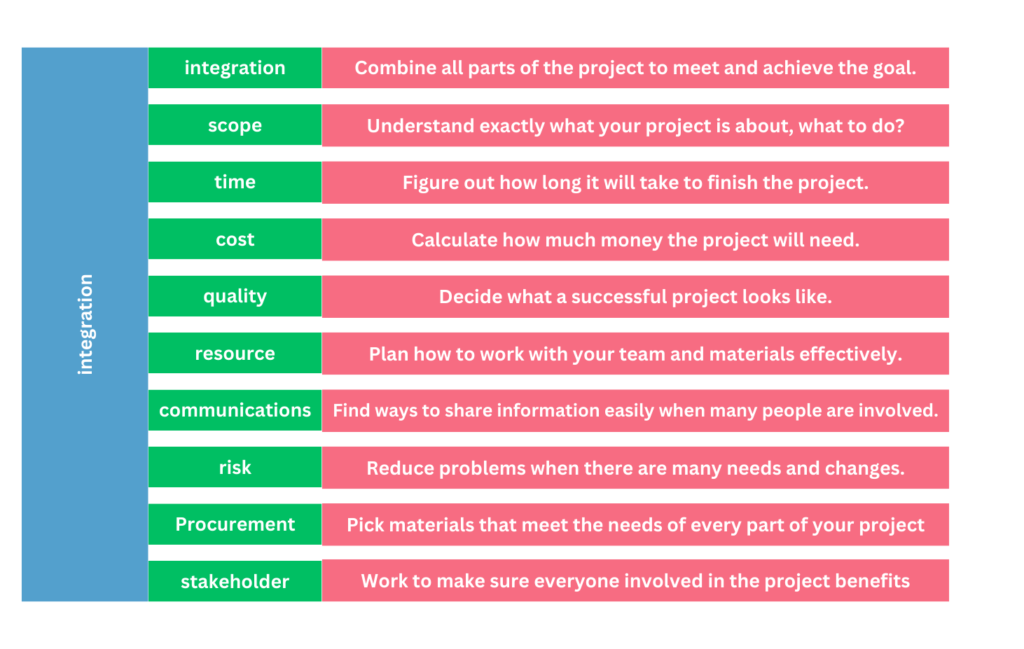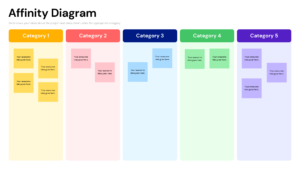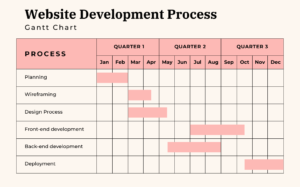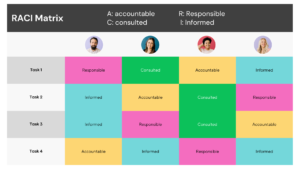Whether you work in construction, IT, or any other field, mastering project delivery is a crucial challenge for project managers. During a project’s lifecycle, unexpected issues like resource shortages, delays, or team changes can affect the delivery timeline. This article offers a guide to avoiding these common pitfalls, helping ensure your project’s timely completion.
Table of Contents
What is Project Delivery?
Project delivery encompasses the full spectrum of planning, executing, and finalizing a project in line with specific requirements and constraints. This process starts with the project manager understanding the chosen delivery method—be it Agile, Waterfall, or a hybrid approach. Key elements include identifying expected deliverables, outlining necessary actions, assigning responsibilities, and establishing a delivery timeline. From the project’s inception to its conclusion, it involves effective coordination of resources, adept team management, and a commitment to meeting project objectives within the predefined timeline and budget. For more detailed information, please see: The 5 Major Project Processes
Project Delivery involved 10 key knowledge areas
1. Project Integration Management: It is ensuring all parts of the project work together, including planning, execution, monitoring, and controlling changes.
2. Project Scope Management: Defining and managing the work needed for the project, ensuring only necessary tasks are undertaken.
3. Project Time Management: Planning the project schedule, managing, and controlling project timelines.
4. Project Cost Management: Estimating costs, setting budgets, and controlling project expenses.
5. Project Quality Management: Ensuring project outcomes meet the required quality standards.
6. Project Resource Management: Organizing, managing, and leading the project team.
7. Project Communication Management: Ensuring effective dissemination, reception, and understanding of project information.
8. Project Risk Management: Identifying, analyzing, and responding to project risks.
9. Project Procurement Management: Managing all procurements and contracts associated with the project.
10. Project Stakeholder Management: Identifying stakeholders of the project and effectively meeting their needs and expectations.

Three key in the Project Delivery Process:
1. Clear Goals and Expectations in the Delivery Process:
1) Organizational Goals: Focus on how the project will help and impact the whole organization.
2) Project Goals: Set clear deadlines and list what needs to be delivered or finished.
3) Team Goals: Aim for team development and the benefits they will get from the project.
4) Individual Goals: Define each person’s role and what they must do in the project.
Use the SMART principle to assess goals:
- Specific: Goals should be clear.
- Measurable: Goals should be trackable.
- Attainable: Goals should be achievable.
- Relevant: Goals should relate to other objectives.
- Time-bound: Goals should have a deadline to avoid wasting resources.
2. Detailed Project Planning and Execution
1) Plan with resource allocation, task and responsibility assignment, and prioritization.
2) Use the right project-tracking tools.
3) Execution involves:
- Plan: Work Breakdown Structure (WBS), clear delivery requirements.
- System: Institutional norms, division of responsibilities.
- Constraints: Resources, timeline, costs, strategy.
4) Control and Monitoring: Constantly check and correct course, adapt, and improve continuously. Ensure the project stays on track towards its goals, rather than waiting until the end for review.
3. Delivery Skills for Project Managers
1) Skills include:
- People: Empathy, negotiation, collaboration, leadership.
- Tasks: Focus on core issues, and understand logic.
- Finance: Price estimation, rule-setting.
2) TECCA principle for effective problem-solving:
- Time: Specify the time related to the problem.
- Event: Focus on the event, not its cause.
- Clarity: Use clear, concise sentences.
- Contrast: Highlight the gap between the current state and the plan. For example: It was planned to be delivered on the 20th, but it was delivered on the 25th, a difference of 5 days.
- Avoid Ambiguity: Steer clear of using ambiguous terms such as ‘may’, ‘maybe’, ‘sometimes’, ‘probably’, or similar expressions
33 Essential Project Management Documents
Guide to Digital Project Management
The Best Project Management Software
If you found this guide useful, please share and leave your comments below! Your feedback helps us create better content.
Or if you need help, contact the project advisor below:



